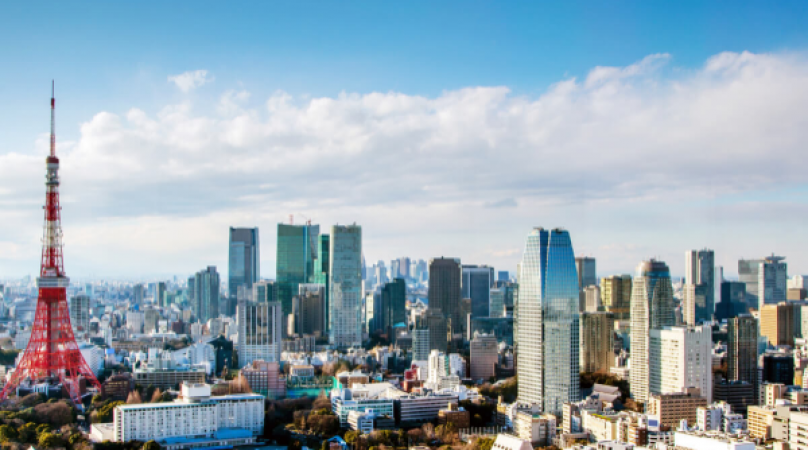
Tokyo: A weak currency and low interest rates are attracting Asia-Pacific property investors to Japan, while similar factors did not help China's battered real estate market, according to analysts attending the MSCI Real Assets online conference.
Despite US rate hikes, both Japan and China have kept interest rates relatively low, resulting in weaker currencies – a push factor for cross-border institutional investors in general.
The Bank of Japan has maintained an ultra-lax monetary policy in recent years, with the yen hitting a 30-year low against the US dollar at one point. Meanwhile, China's yuan fell to a two-year low against the US dollar after the People's Bank of China cut interest rates to 3.65% from 3.75% in August.
Also Read: New ship deliveries are expected to impact Chinese freight rates next year
"The one market that stands out above all others is, naturally, Japan," said Ben Chow, MSCI's head of Asia-Pacific real assets research. “Over the past two months, most of the clients I have spoken to here in Singapore have targeted the Japanese market.”
Q Investment Partners (QIP), based in Singapore, is one of the institutional investors that has been active in Japan in recent months.
According to QIP CEO Peter Young, the private equity firm acquired three multi-family properties in the Japanese cities of Osaka and Nagoya, raising US$40 million in funding primarily from investors in Singapore and Hong Kong. As of June, there were 207 units in the property and around 90% were occupied.
"In Japan, we see a lot of opportunities." "The US$40 million investment is just the beginning, and we expect it to grow to US$100 million," Young said in a video interview.
"Our goal is to build a portfolio ... that really focuses on the four major cities of Japan, Tokyo, Nagoya, Fukuoka and Osaka."
According to property consultancy CBRE, Japan is currently the "number one property market" for investors. Crystal Palar, Managing Director, Asia, CBRE, said, "Business in CBRE Capital Markets in Japan has never been more hectic.
Also Read: Know what is the price of petrol and diesel from Delhi to UP today?
“We were extremely engaged in asset classes including retail, hotel, office and industrial… so deals ranging from US$50 million to… a few billion dollars… Because the Japan market offers that positive spread, we expect Let's continue to have strong business conditions." According to MSCI's Chou, China's $2 trillion real estate market is still "in apathy".
"China is a market where there are a lot of properties for sale, but there are few takers," Chou said. "North American and European investors stay away for the time being, while Singapore and Hong Kong investors are picking up select assets amid the sell-off." Only time will tell which strategy will be more successful in the long run."
According to James Cameron, Head of Global Commercial Real Estate, Standard Chartered, the worsening housing property crisis in the world's second largest economy is a major reason for investor panic.
“With China right now, we are looking at it through two different lenses: the residential market, which is experiencing some physical stress and kinds of devolution and relocation, and the more traditional property-backed market,” Cameron explained.
Also Read: Palestinian Business tycoon is shot by British forces
"We continue to see people interested in investing in the latter, and we see value ... and there are probably more entities in China where assets should be sold."
The decline in China's assets came after Beijing imposed its 'three red lines' in August 2020 to address systemic risk posed by overleveraged developers.
It caused a liquidity crisis by pulling vulnerable developers out of the loan and bond markets, resulting in US$29 billion of loan defaults since early 2021.